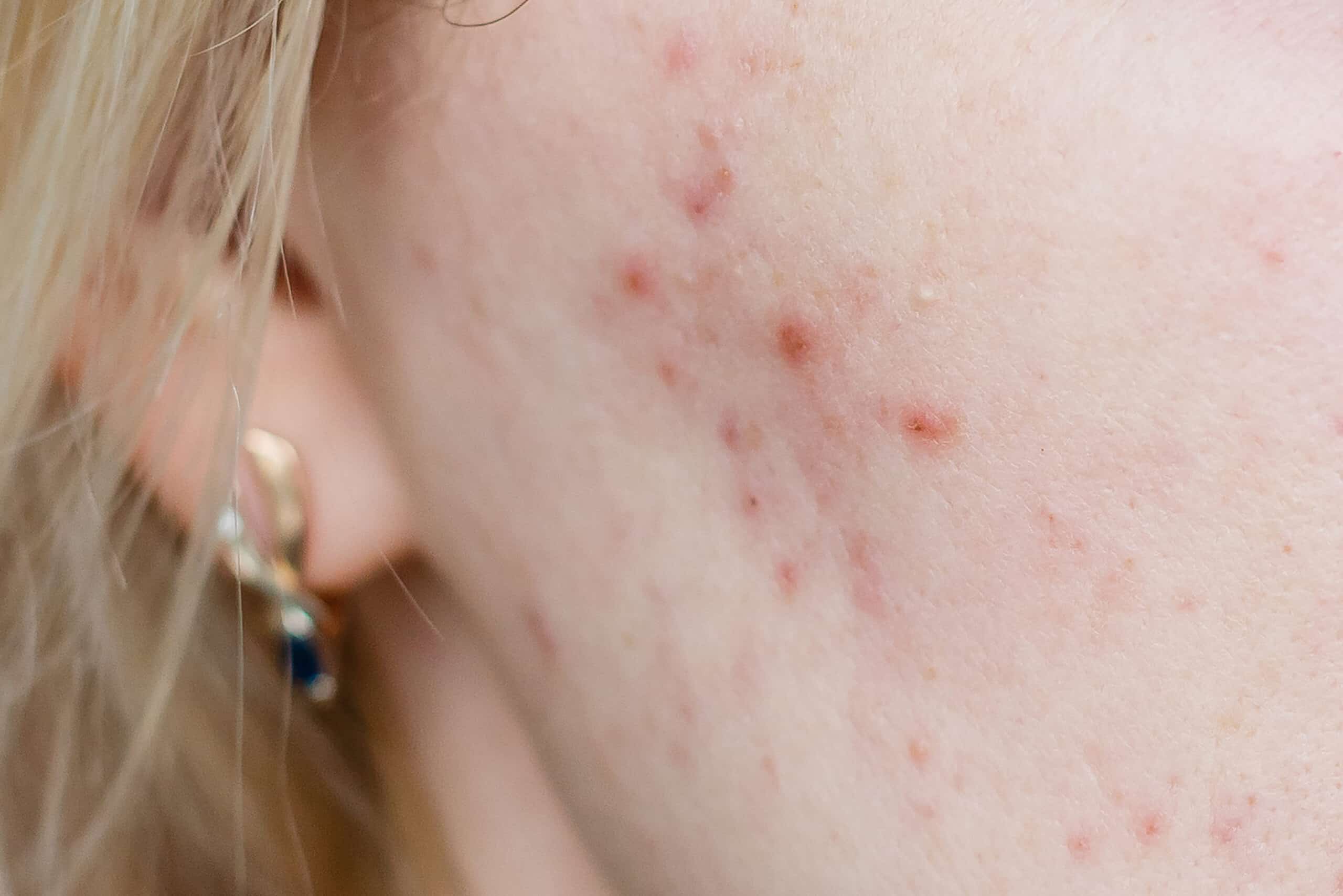A Dermatologist’s Role in Cystic Acne Treatment

Cystic acne differs from other types of acne. It develops deep in the skin and therefore causes significant scarring once the cysts heal. Unfortunately, this troublesome skin condition doesn’t respond well to over-the-counter treatments, but your dermatologist can suggest effective therapies to help control breakouts and reduce the risk of scarring.
Diagnosing Cystic Acne
When you visit a dermatologist for acne treatment, the first step is to diagnose the type of acne affecting your skin. While pimples come in many shapes, sizes, and colors, cystic acne flare-ups are among the most severe. Not only do the red, inflamed bumps and nodules cover much of the face at a time, but they often cause pain and tenderness that’s impossible to ignore.
Developing a Treatment Plan for Cystic Acne
After making a diagnosis, your dermatologist will develop a treatment plan that may involve a combination of treatments. Expect to undergo long-term care for the best results. Here are some treatment options available for cystic acne:
- Salicylic acid cleansers: Specialized cleansers containing cyst-fighting ingredients can help shrink pimples by removing excess oil, sloughing off dead skin cells, and drying them out. Look for cleansers with high concentrations (up to 2%) of salicylic acid. If you have sensitive skin, a lower concentration of around 0.5% is preferred.
- Oil-free moisturizers: Hydrate your skin, help it maintain a healthy barrier, and avoid contributing to your acne problem with an oil-free moisturizer.
- Topical prescription treatments: Along with recommending over-the-counter products, your dermatologist may prescribe medicated spot treatment you can apply directly to cystic flare-ups.
- Oral medications: Spironolactone is a diuretic, which means it removes fluid from your body and regulates sebum production. This oral medication may be effective for treating cystic acne caused by hormonal changes.
- Accutane (Isotretinoin): Considered by some to be a cure-all for acne, Accutane is effective against severe cystic acne that doesn’t respond to other therapies. However, your dermatologist may recommend the above solutions first because this drug comes with some unpleasant side effects.
Treating Cystic Acne Scars
No matter what type of acne you have, it’s best to avoid the urge to pop your pimples, especially if they are cystic. When you attempt to squeeze a cystic pimple, you only cause more inflammation and irritation, leading to temporary skin discoloration and long-term scarring.
If you have acne scars from previous cystic acne breakouts, your dermatologist may recommend Bellafill to improve your skin’s appearance. This dermal filler lifts scar pits to the level of the surrounding skin, making them less noticeable. Micro-needling is another treatment that improves the skin’s texture, tone, and color, which can help hide acne scars.
If you struggle to control your cystic acne, you don’t have to live with breakouts and lingering scars. The board-certified dermatologists at Swinyer-Woseth Dermatology offer a comprehensive range of acne treatments to help you regain a clear complexion. To learn more or schedule an appointment, please call our Salt Lake City or South Jordan dermatologist office at 801-682-4715.
